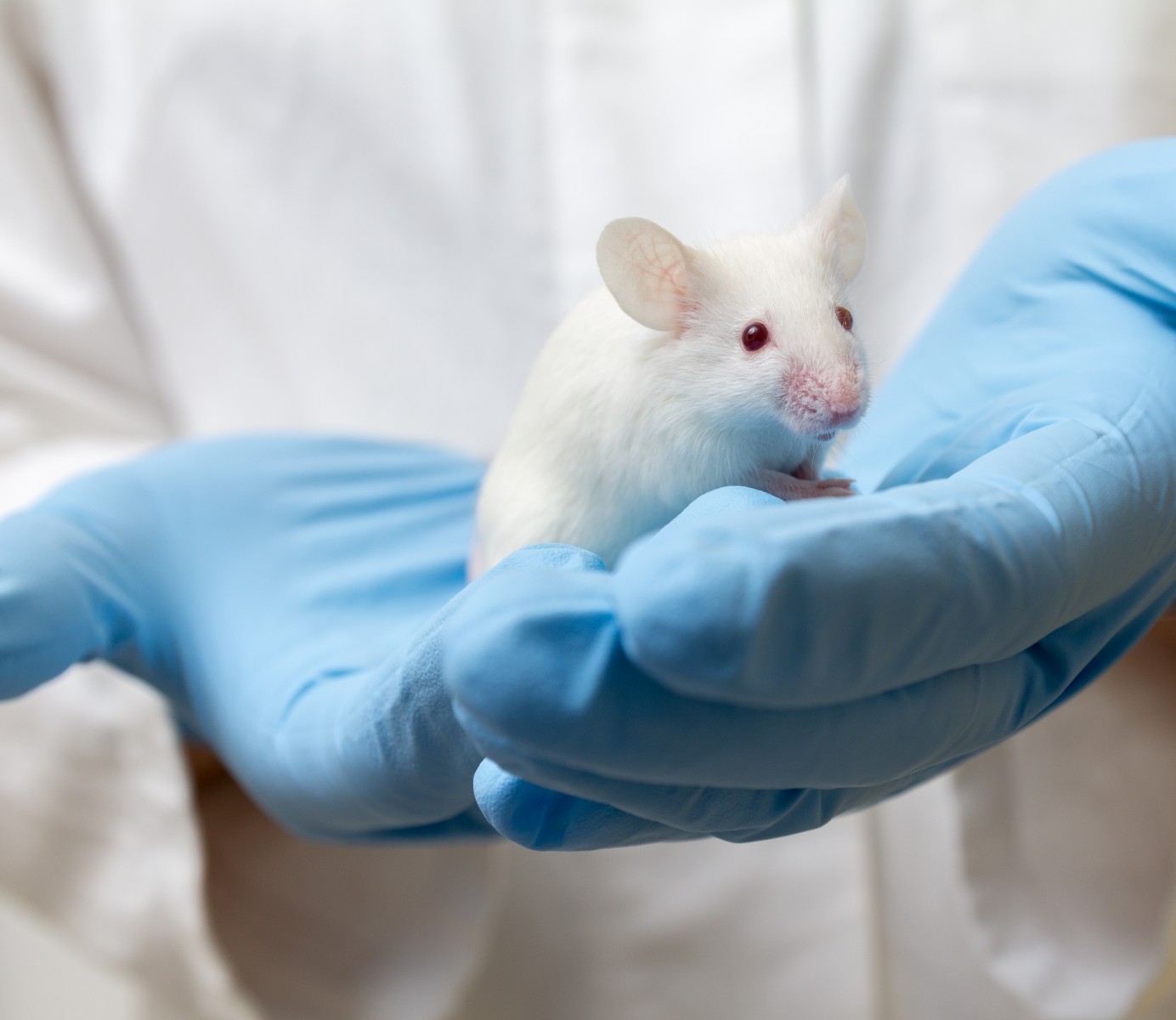Collagen Replacement in Recessive Alport Does Not Compensate For Gene Mutation

Researchers evaluated the impact of different collagen types in the renal function of mice with Alport syndrome. In autosomal recessive forms of the disease, another type of collagen steps in to fill the place of the lacking mutated chain, but these animal experiments suggest that the replacement does not compensate adequately.
The study, “COL4A6 is dispensable for autosomal recessive Alport syndrome,” was published in the journal Scientific Reports.
Healthy human adults depend on three types of collagen IV (COL4) to adequately filter urine from the blood. The types, called COL4A3, COL4A4, and COL4A5 combine to build a structure in the basement membrane in the filtering unit of the kidney, called glomerulus.
If one of the types of collagen is missing, as is the case of mutations in Alport, the other collagen chains tend to be degraded since they are unable to build the structure composed of all three types.
In animals modeling autosomal recessive Alport disease, researchers, however, have found collagen structures composed of only A5 and A6 chains. To examine if the presence of the A6 collagen chain would compensate for the loss of A3 in autosomal recessive Alport, researchers from Mie University Graduate School of Medicine in Japan engineered mice lacking both the A3 and A6 chains.
Interestingly, mice lacking both types of collagen lived as long as those lacking only the Alport mutated A3 chain. Blood tests did not reveal any differences between the two types of animals, and neither did an analysis of the kidney tissue anatomy.
Two other types of collagen chains — COL4A1 and COL4A2 — were, however, found in larger quantities than normal. A lack of the COL4A6 gene did lead to a loss of the structures composed of A5 and A6 in the basement membrane of the animals, which had been observed in earlier studies.
To explore the relevance of the findings to patients, the research team analyzed the basement membrane of two patients with recessive Alport disease, having mutations in the COL4A4 gene. Patients had structures composed of COL4A5 and COL4A6 in the basement membrane, just like researchers found in animals. Nevertheless, considering the findings in mice, the structures may not be compensating for the loss of kidney function caused by the Alport mutation.







Leave a comment
Fill in the required fields to post. Your email address will not be published.